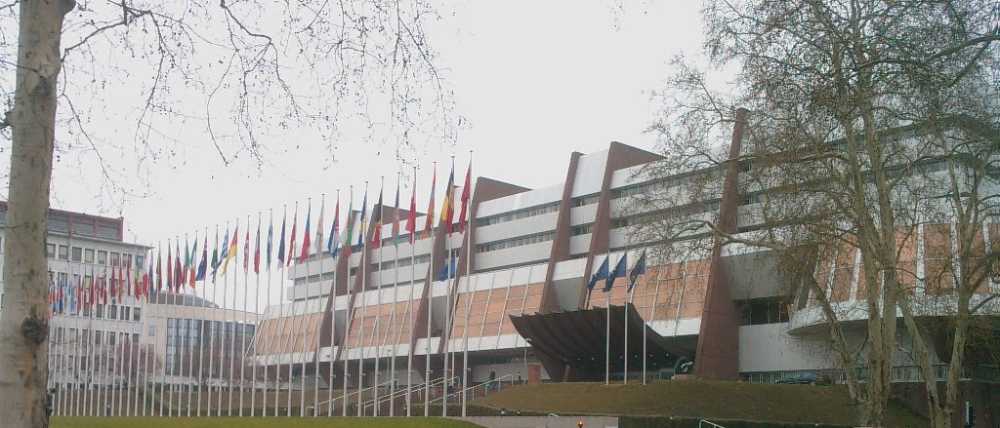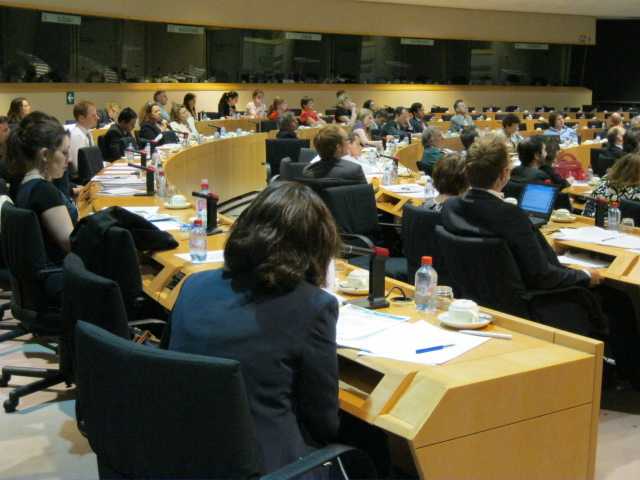
Council of Europe hosts Bern Convention in Strasbourg
A long journey starts with little steps. In 1948, pro-nature organisations and their governments created an International Union, which represents Nature Conservation at the United Nations. IUCN now gathers 90 governments and 1350 other nature organisations as members. In its first four decades, IUCN helped to initiate many important international agreements for nature, including the Bern Convention to conserve species and habitat in Europe, the Bonn Convention on Migratory Species and the Convention on Biological Diversity (CBD) at Rio de Janeiro.
In 1997, IUCN created a Sustainable Use Specialist Group of experts, of which a European Sustainable Use Specialist Group was based in Brussels. ESUG wanted to help many activities become sustainable, so it engaged with those who manage land and wildlife: the farmers and foresters, gardeners and gatherers, and the fishers, hunters and watchers of wild species. It created three projects for the European Commission, on agri-environmental measures, on governance for nature and on design of a web-system to help communities manage land and nature. ESUG also became an independent member of IUCN.
2022: IPBES and Pro-Coast

The launch of ESUG's first Network in the European Parliament
In 2022, four things boosted ESUG’s efforts to bring people together for nature. Three were from IPBES, the Intergovernmental Panel for Biodiversity and Ecosystem Services, which was created by CBD in 2010 at Nagoya. An IPBES assessment of sustainable use found at least a third of humans still dependent on use of wild species for food, fuel or livelihoods. IPBES also started work on two further assessments, one on how nature, climate, food, water and health of humans are all linked, and one on humans transforming their role in nature.
The fourth landmark for ESUG in 2022 was submitting a bid to European Commission for work with 19 other partners on how humans could change their role in nature, initially in coastal regions. Our study is strongly based in social science, intending “A PROactive approach for COmmunities to enAble Societal Transformation”. Basically, it is about how people and relevant organisations can best work together in communities to benefit nature.